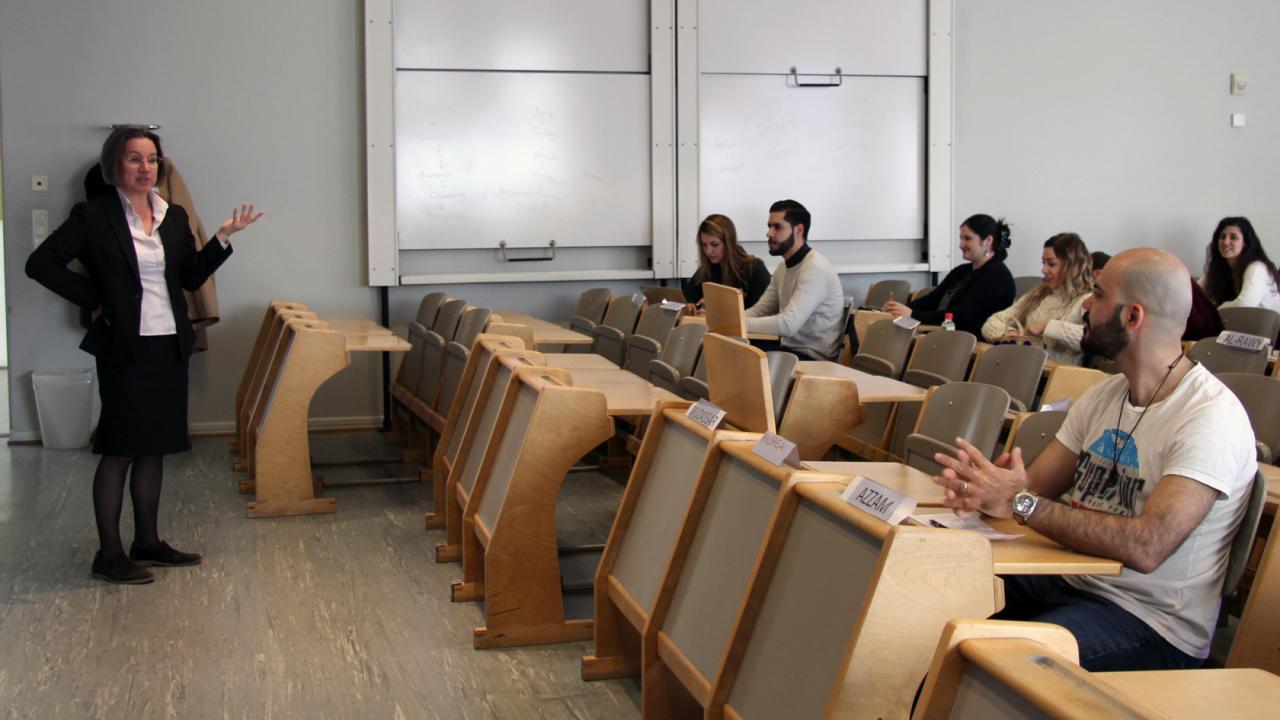Black Finland

Poor students! They did not get the person most knowledgeable with their thesis topic but a person who had lived in Asia. They were treated as if they needed a special assistance because they were Asians. During the same time, professors were explaining that they cannot hire foreigners, as foreigners do not know how to write a Finnish application.
Not surprisingly, according to an EU survey two years ago Finland was the most racist country in European Union. A survey from 2019 provides similar results. Participants of Hanken Business LEAD experienced discrimination both in working life and generally. All these participants are highly educated, have a lot of working experience internationally, and are flexible personalities given their multicultural background. Yet, they have hard to get employed, even job interviews. Other sources evidence that people who have generations after generations lived in Finland, like Romans, are as well discriminated to the extent that by changing their names they get better treatment in recruitment situations.
While writing an article about our findings from the survey, we, the team of four different nationalities, realised that so much focus is put into immigrant integration and in consequence training and schooling of “the others” in Finland. However, less effort is given to the Finnish institutions like employing companies and their staff to train them to meet talents from other countries. Sometimes, taking an intern with other than Finnish background is only a corporate social responsibility gesture rather than a serious intention to really employ an immigrant, refugee or a person from an ethic minority.
The world is more global today than probably ever before given that we can be global even digitally. We travel more and have information available 24/7 on our devices. However, we still tend to stay in our own villages of similarity unable to learn from our experiences of others. Our own perceived superiority makes us teachers rather than learners.
The anecdote of Asian students from my personal life just illustrates how well-meaning intentions can be discriminating or how structures prevent entry of the other. Such cultural and structural inequalities go unnoticed most of the times. “Black lives matter” demonstrations are good ways to remind us all that the world still needs improvement; however, it is not enough. Political leaders need to unfold structures that prevent inequality like some American universities that started recruiting anonymously and increased female recruitments to about 50% of all employments. Extra training and support programs only remind the minorities that they needed to change. However, the majority can learn as well, and many times it also should.
Pia Polsa
Associate Professor in marketing
Sources:
EU (2018) Being Black in the EU. Second European Union Minorities and Discrimination Survey. Luxembourg: Publications Office of the European Union.
Business LEAD program: https://www.hankensse.fi/programmes/integration-program-business-lead

